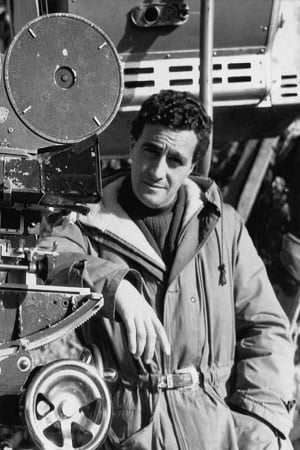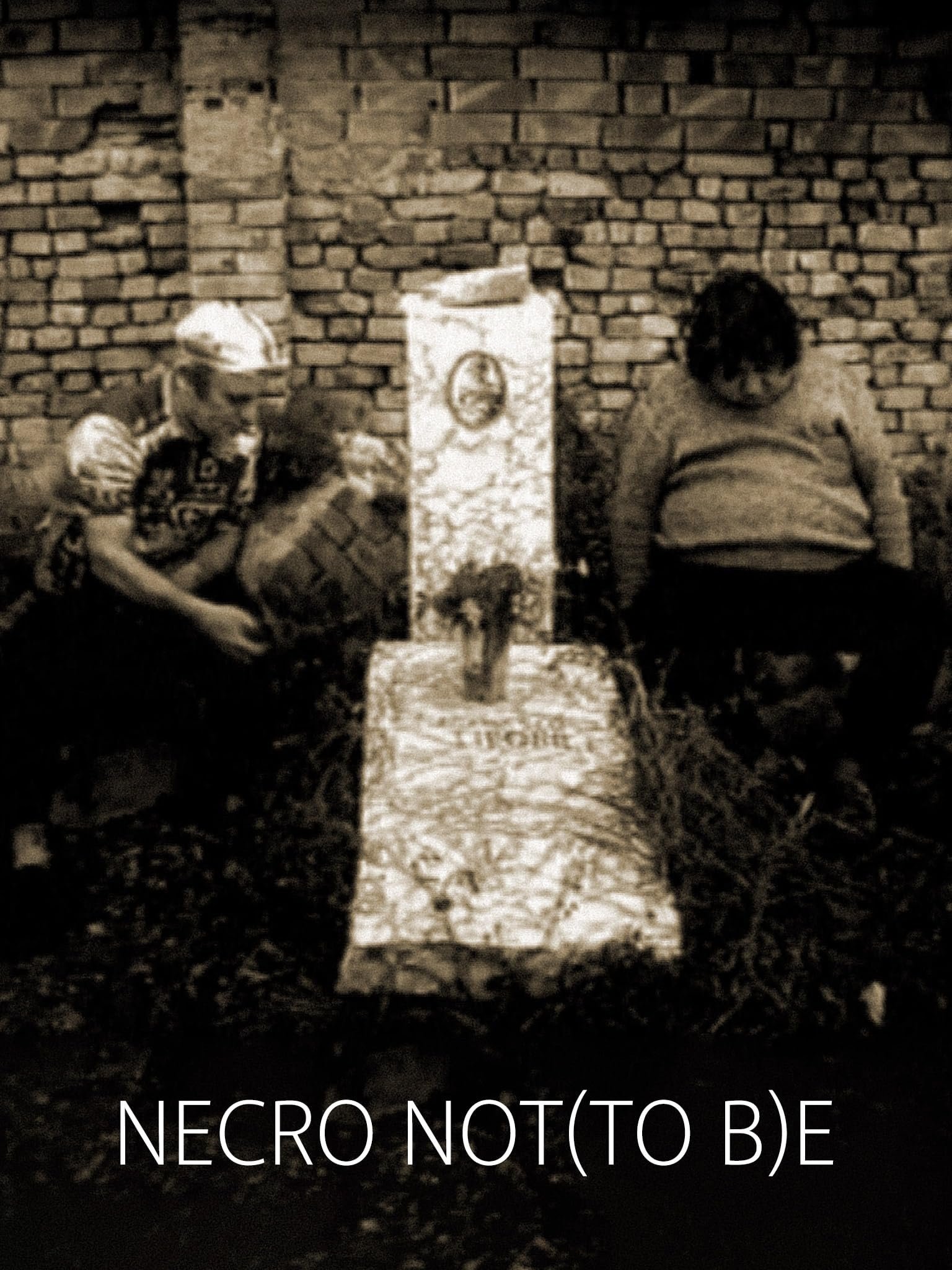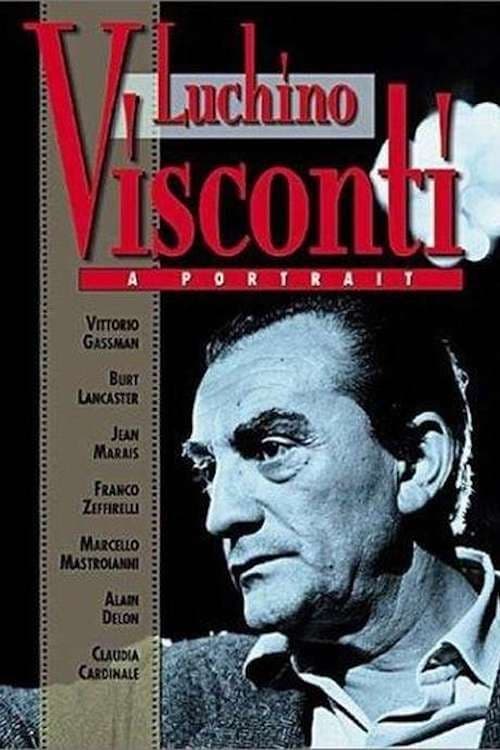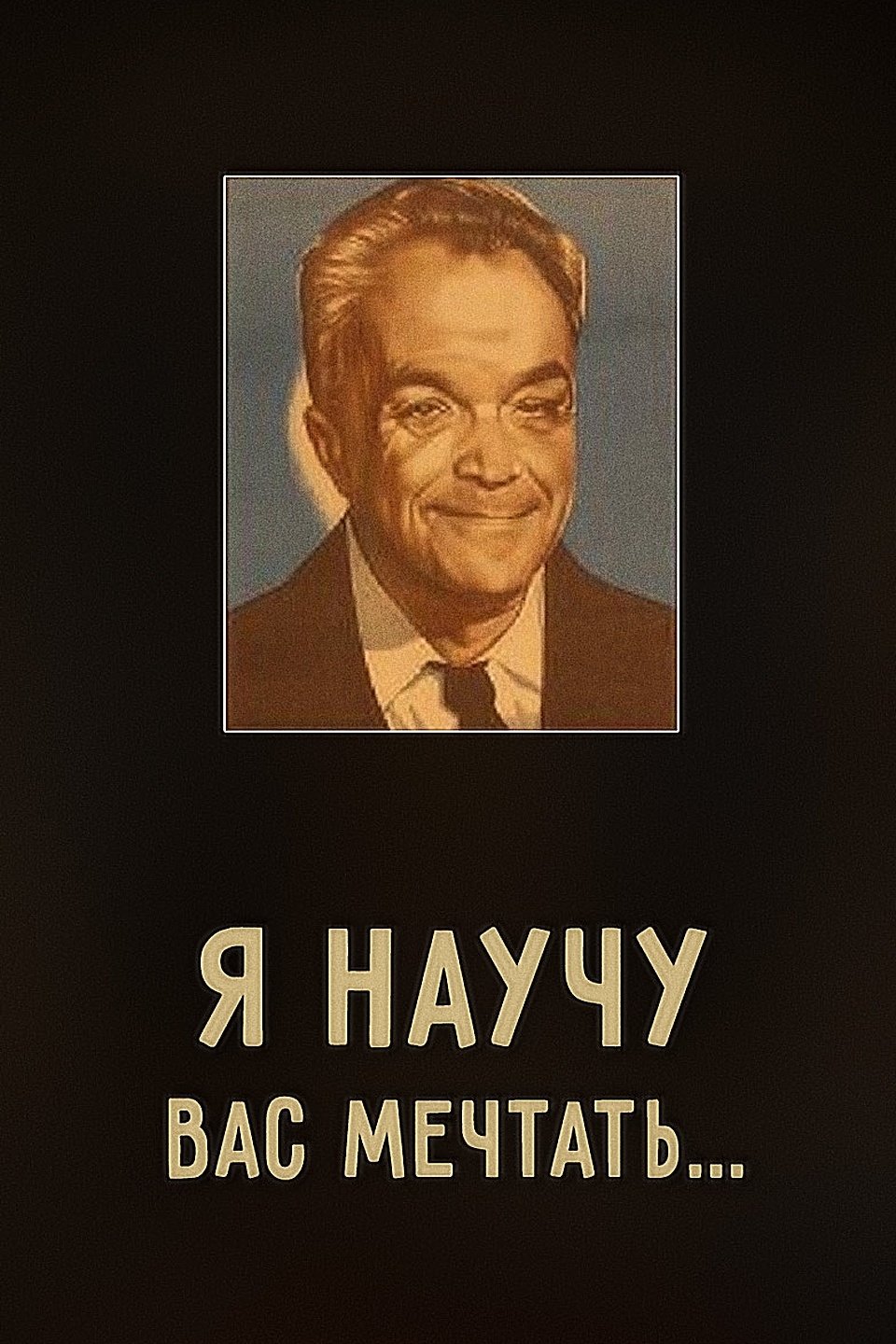


A chronological look at the creative life of Luchino Visconti (1906-1976). It examines his theatricality, role in the neorealist movement, use of melodrama, and relation to decadence. It touches on the impact of a fabulously wealthy childhood, his writing for "Cinema," his politics, his work with Renoir, his appreciation of Thomas Mann, and his deep knowledge of literature and the arts. Visconti moves constantly between film and the theater, staging plays provocatively, working with Maria Callas at La Scala, and shooting films in theaters. Clips from his films and interviews with actors, crew members, and critics provide details for this portrait of creativity.

About the work of one of the greatest masters of Soviet cinema — director Mark Donskoy.
Giuseppe De Santis (11 February 1917 – 16 May 1997) was an Italian film director. One of the most idealistic neorealist filmmakers of the 1940s and 1950s, he wrote and directed films punctuated by ardent cries for social reform. In 1942, De Santis collaborated on the script for Ossessione, Luchino Visconti's debut film, which is usually considered one of the first neo-realist films. His third film Bitter Rice (1950), the story of a young woman working in the rice fields who must choose between two socially disparate suitors, made a star of Silvana Mangano and was a landmark of the new cinematic style. It also earned De Santis an Academy Award nomination for Best Original Story.
By browsing this website, you accept our cookies policy.